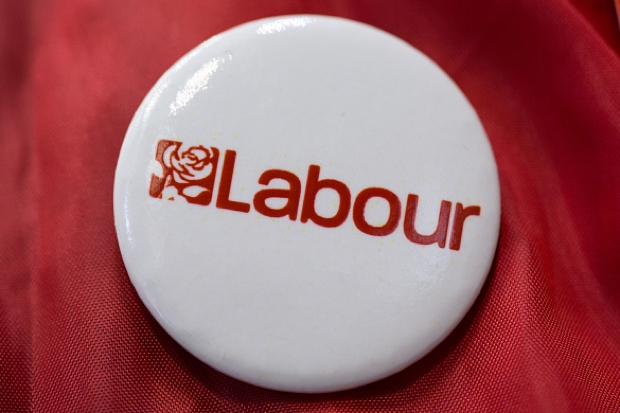I loathe labels but used to be described – indeed described myself – as a socialist. Perhaps as a result of having been conceived at a conference of sex-pest Gerry Healy’s Socialist Labour League (SLL) in Morecambe, then christened (or rather, named – my family are atheist) Mark after Marx, I never had much doubt about which side I hung.
My father’s family were working class, Methodist, union-organising, tenant association-running, pro-Suffragette, anti-bomb. Many of my happiest childhood memories were being taken on marches against nukes, apartheid and vivisection. Even now my father struggles with the concept that not all Conservatives are fundamentally evil. My mother’s family were more extreme: my nan was an Irish Republican, and even now my mum’s father remains a Stalinist.
I always dressed to the Left then, and in many ways, I still do. Anti-racist, pro-equality, against rampant Capitalism even though I’m not sure of a better alternative. However I’ve always had a wide streak of pragmatism running through the rock of this core belief: that uncontrolled immigration might not yet be practical. That militant Islam is incompatible with liberalism (how long can a tolerant society tolerate intolerance?). That government doesn’t always know best.
Even before 9/11 I found myself disagreeing with the views of friends on Rushdie, Israel, and Communism. I read the views of people like Seumas Milne, George Galloway and John McDonnell with a curious mixture of agreement and revulsion. Yet I remain unconvinced that the Tories or Lib Dems have better solutions. Perhaps the Left are wrong for the right reasons; the Right are wrong for the wrong ones.
As Labour and the Conservatives tear themselves apart, leaving festering wounds, there’s talk of creating a new party, or of like-minded progressives seeking refuge in the all-embracing, unfussy arms of the Lib Dems. It is perhaps true that the pro-Europe Remainers of the Conservative Party and the pro-Remainers of the Labour Party have more in common with one another than the opposing factions within their own parties; but in order to make sense of this phenomenon, it is no longer helpful to talk in terms of ‘Left’ and ‘Right’.
For years ‘Left’ meant – to me – being in favour of equality, yet for many on the Left, opposing Western policy means embracing Islamists who hate homosexuals, women and secularism. (Islamists, like Communists, would vote to abolish democracy.) Similarly, I assumed the Right meant lower regulation, more freedom; yet from Trump to Theresa May it seems big government is back. Many of those who oppose immigration are darker than the people they want to stop. Anti-Semitism seems to be as large an issue for the hard Left as for the far Right. The Conservatives have just appointed a second woman Prime Minister (or a first, if you listen to my father) whereas Labour, supposedly the party of equality, has appointed none.
The world is fragmenting: the old systems and structures are breaking down or perhaps we are simply better placed to identify their flaws. I don’t remember much about university but I remember you could summarise the postmodern condition in one word: doubt. We doubt that anything works, that any one system can enhance our lives, safeguard the future.
The political party system as we know it is fragmenting because when my grandparents were young, when there was more certainty and perhaps we knew our place, Labour was for the working classes, Tories for middle and upper, and now these classifications are breaking down. My mum went to college; she also signed on. My dad became a teacher: he’s from an estate. I’m a published author; I live in social housing. I’d guess an overwhelming number of my fellow Brits have experienced similar ambiguities.
Increasingly we believe in Policy rather than Party: choosing politicians by their views on race, abortion or Europe rather than some vague notional party they claim to represent. Perhaps the political system, like all systems, is in terminal decline. If so, we need to work out how to replace it. No doubt even now there will be some crazed ideologue dreaming of a day we can cast an instant e-vote on every single issue, from capital punishment (that touchy topic often used to explain why the majority view is not to be trusted) to foreign aid.
Personally I believe such a system would be a nightmare. So what’s the solution? I suggest we revert to a smaller kind of government which has diminishing control over every aspect of our lives. I remember that towards the end of the last Labour government, in order to reduce reliance on oil they began talking about controlling the speed of every car in the UK using signals from giant satellites. I imagine Jeremy Corbyn still considers this a good idea but it’s not what I want from a government. I want one that keeps me safe, lets me make the decisions on how to be a parent, how to run my own life. Perhaps I’m a Libertarian. But as I said at the outset: I loathe labels (it says so on my label). Whichever party promises to leave me alone will get my vote. Even if they don’t really mean it.






Comments